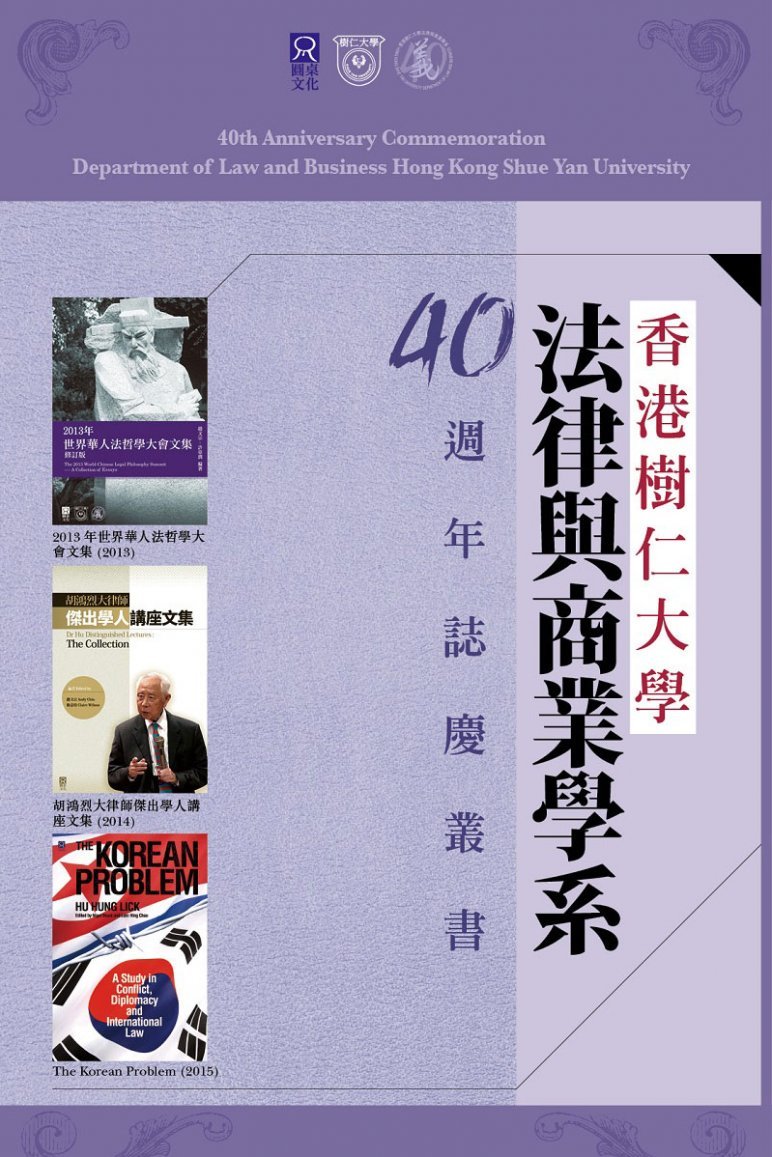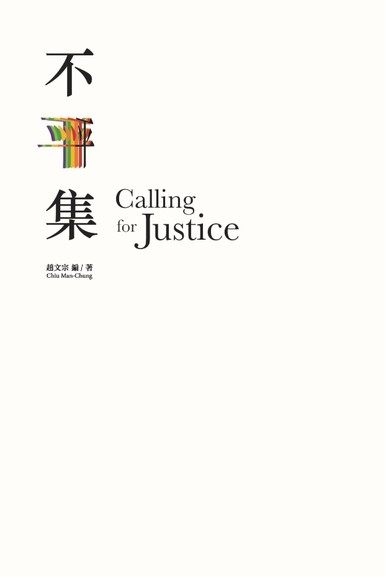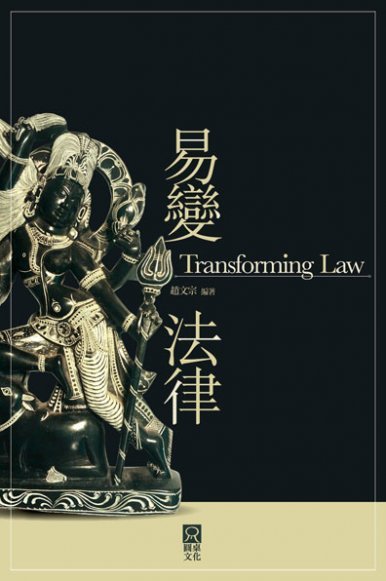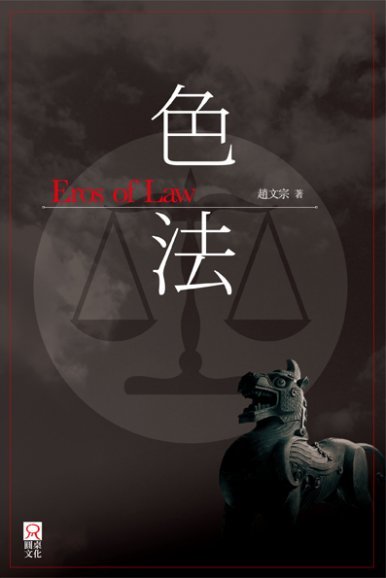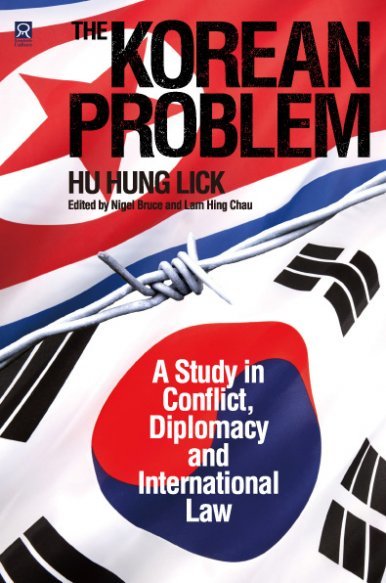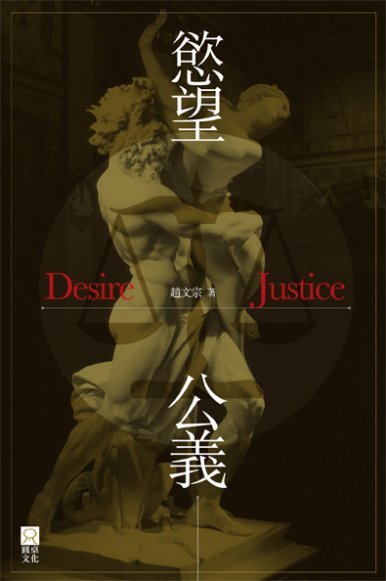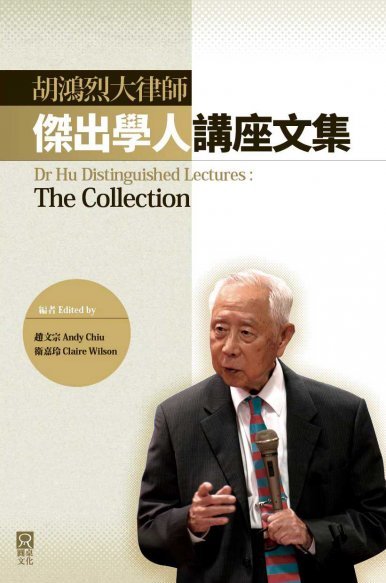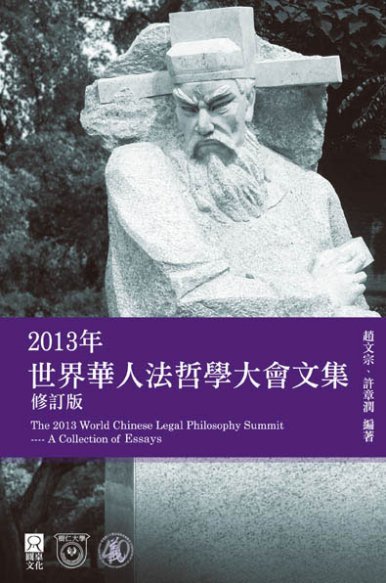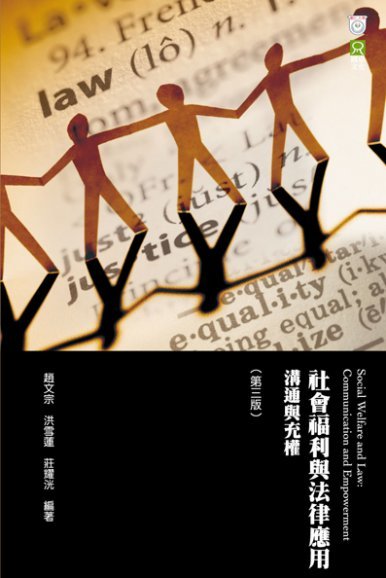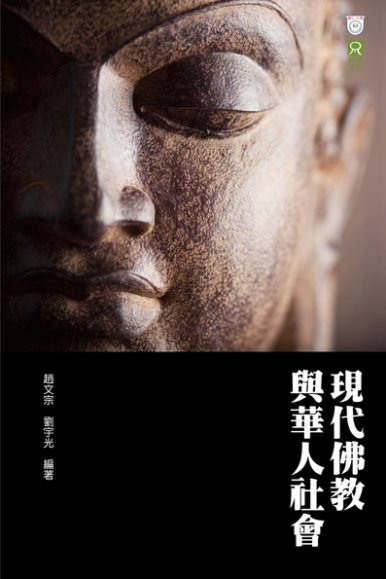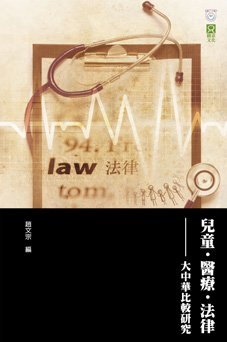適逢香港樹仁大學法律與商業學系創辨40週年,是以特意推出這一系列叢書,當中包括三本書:《2013年世界華人法哲學大會文集》、《胡鴻烈大律師傑出學人講座文集》(2014)與及《The Korean Problem – A Study of in Conflict, Diplomacy and International Law》(2015),三套書各擅勝場,講述不同的範疇,如《The Korean Problem – A Study of in Conflict, Diplomacy and International Law》就講述二戰與二戰之後韓戰於香港之影響;其餘兩套文集亦講述不同的專業範疇如:法哲學之於憲政、語言、歷史及人權作出探討;又包括:雙語法制、國際法律、法律教育、調解發展和專業道德等議題。法律與生活其實息息相關,是以這套叢書無論閱讀、學術研究又或收藏都極具價值。
《胡鴻烈大律師傑出學人講座文集》
對於雙語法制、國際法律、法律教育、調解發展
和專業道德等重要議題,如何從法律角度剖析?
香港樹仁大學法律與商業學系,為了慶祝創系四十週年,舉辦了胡鴻烈大律師傑出學人講座,並將講座文章結集成此文集。講座文集集合香港、中國內地及英格蘭——威爾斯重要學者、司法法律工作者及政府人員的文章。
在國際交往日益頻繁的今天,全球化為培養人才帶來了契機,在繼續加強公正正義、強化人權保障的理念指導下,中國能否取得更大的成績?講座文集集合香港、中國內地及英格蘭——威爾斯重要學者、司法法律工作者及政府人員的文章。對雙語法制、國際法律、法律教育、調解發展和專業道德等重要議題,從法律角度作深入剖析。
《2013年世界華人法哲學大會文集》
本書集來自大中華地區和世界各地的華人法哲學家們之精髓。
各哲學家秉具各自的問題意識和思想關懷,立基於各自的知識譜系和理論背景,攜帶著不同的學術資源和價值信念,齊集一堂,殫思竭慮,辯駁切磋,於法意世界徜徉。現結集成書,與讀者分享。
大中華既有同質也有歧異,法哲學也不是一特定套路,在這只有相似擬像的模糊文化區域內討論鑽研法哲學,哲學家在各專業範疇——憲政、語言、歷史及人權——以極嚴謹的態度進行跨學科硏究,把不同學派法哲學,先作細心討論,再進行批判分析,大膽假設,細心求證。後以此作框架,分析審視常理世界。
《The Korean Problem – A Study of in Conflict, Diplomacy and International Law》
The book offers, as Professor Reyes writes in his Preface, a brisk account of relations between Korea and Japan prior to 1895, followed by a close examination of Korean diplomatic relations from the Russo-Japanese war to the outbreak of the Korean War. Throughout his narrative, Dr. Hu intersperses analyses of Korea’s status as a country from the standpoint of international law. Ultimately, the work is a study for Dr. Hu of how the Korean peninsula first lost, and then regained its international legal personality in the 20th century, albeit at the tragic price of its unity.
This book is, however, more than just an exercise in diplomatic history coupled with technical legal commentary. It is itself an important document of how “the Korean question” was perceived by international lawyers in the 1950s when Dr. Hu was writing. Sixty years later, it is salutary to reflect on that perception in light of the tensions between North and South Korea that continue to beset us in the 21st century. The reader might ask whether international lawyers could and should have done something more after World War II to achieve Korean unity and whether, in light of the failures of the 1950s highlighted by Dr. Hu, international law should be re-thinking its premises today.

 簡體中文 (即將支援)
簡體中文 (即將支援)
